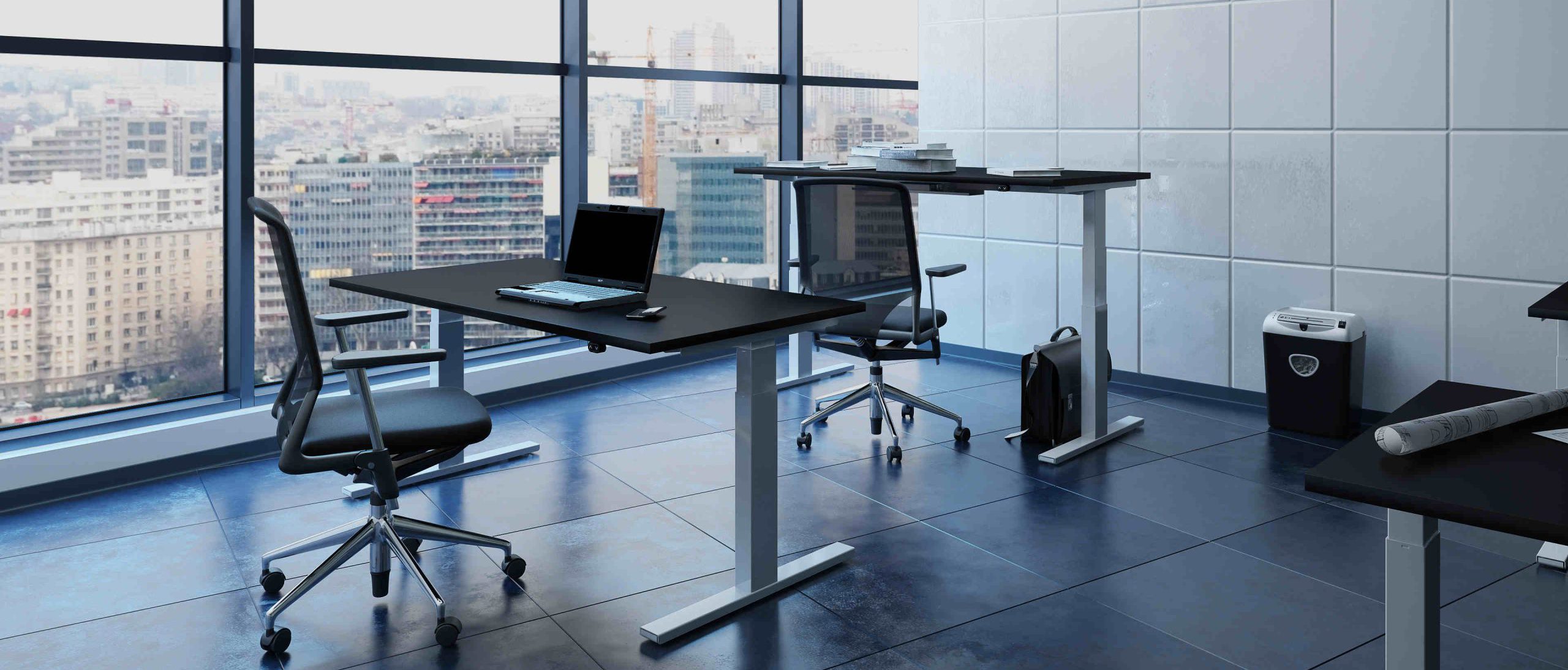Office Acoustics: The Secret to a Productive Workplace
Home Office Design Ideas 2025: New Decor Trends for Your Space
How To Maximize Your Small Living Room
What Is An Ergonomic Chair?
Gas sprung, electronic or manual? Choosing a height adjustable desk
Kitchen organisation hacks
Electrical Safety in the office
Office design to future proof your office
Hole saw for hire service
Harness that ‘back to school’ feeling when you’re back to work with these office hacks
How a power bank can help you keep motivated while working from home
Between January and April of 2020, the percentage of workers who worked from home rose by around 700%[i]. As we progressed into 2021, employers surprised the markets by suggesting that there was no real need for employees to return to the office.
And, according to the Office for National Statistics, 38% of workers earning in excess of £40,000 and 32% of those earning between £30,000 and £40,000 found themselves still hybrid working in Q2 of 2022. There are some employees who will never return to the office, and there are others who will, but never full time. So, how can you stay motivated when working from home?
Get out and about…
Studies published in the The Harvard Business Review[ii] indicates that regular physical exercise can benefit your capabilities at work through improved concentration, a sharper memory, faster learning, prolonged mental stamina, enhanced creativity, and lower stress levels. So, getting out for a walk each day should help you deliver better work, faster. And, it doesn’t have to mean leaving the office behind.
Shake up your working environment
Choose a day to work from café or a shared working space. Sometimes distractions at home can build up. There’s always a pet that needs attending to or washing that needs doing and sometimes, getting a change of scenery can help you remain focused on a task. The change in scenery and company should also help you feel refreshed and recharged, ready to do your best work.
Catherine Hartley, study author and assistant professor of psychology and neural science at New York University says that having new, diverse experiences every day is linked to positive emotions and enhanced happiness so, with the same surroundings every day, it makes sense that the opposite would be true.
The hippocampus (the part of the brain that is involved in spatial navigation and memory formation, is ‘sensitive to the novelty of spatial environments,’ Hartley says. Another part of the brain, called the striatum, helps us evaluate our environment and processes reward. The activity in these areas of the brain tends to be more synchronized in people who explore new things daily, and has a stronger influence on their mood, Hartley says. So, getting out and about clearly has a psychological benefit.
Catch up with customers
With so many businesses basing themselves remotely and relying on zoom calls to build customer relationships, those businesses that get out and about and meet with customers face to face are the ones that will get remembered.
How a power bank can take the stress out of desk escapes
However, trying to escape the desk in the middle of a busy day can be stressful.
If you could take your office with you, things might be different. Being able to respond to urgent emails or to see when the email you’ve been waiting on lands in your inbox, could make your time away from the desk so much more cathartic and beneficial. If you are confident you won’t miss that important call, maybe you’ll be more inclined to take the time for yourself that we all so desperately need.
With apps such as Teams and Trello and even Zoom these days, we can literally have our office in the palm of our hand, so all you need is a power source. While most devices will have a battery these days, we don’t always anticipate needing to take time out.
By keeping a power bank charged and to hand, you can take the office with you. Urgent emails and phone calls can be dealt with on your phone, so you no longer have to choose between the benefits of physical activity or being at your desk.
Even if you’re off travelling to a conference for a few days, or are taking a flight or train ride to a client meeting, a power bank can help you stay connected to the office, reducing the number of emails left to pick up on your return.
You can get multi-device power banks from Box15 or, for more advice on the best way to stay powered up while away from the office, you can chat with our friendly advisors online or call us on 01295 565001.
[i] Homeworking in the UK: Before and During the 2020 Lockdown – Wales Institute of Social and Economic Research and Data (wiserd.ac.uk)
- Tagged Power bank, remote working
Recent blogs
-
Exclusive Interview with Ben Halde: The Mind Behind HYNGE
-
BOX15 is Merging with BPF Online
-
Office Acoustics: The Secret to a Productive Workplace
-
Home Office Design Ideas 2025: New Decor Trends for Your Space
-
How To Maximize Your Small Living Room
-
What Is An Ergonomic Chair?
-
Merry Christmas from BOX15
-
Gas sprung, electronic or manual? Choosing a height adjustable desk
-
Kitchen organisation hacks
-
Electrical Safety in the office










